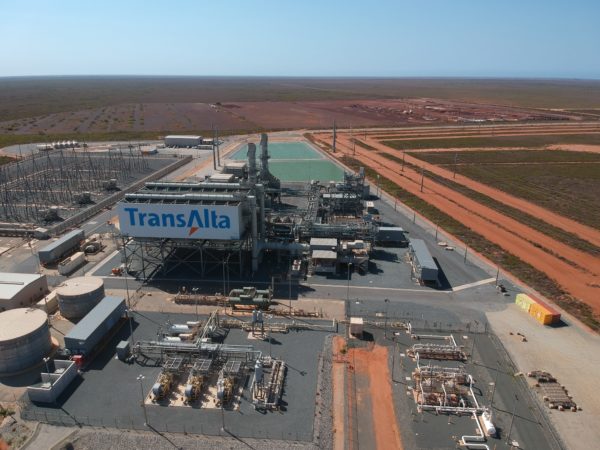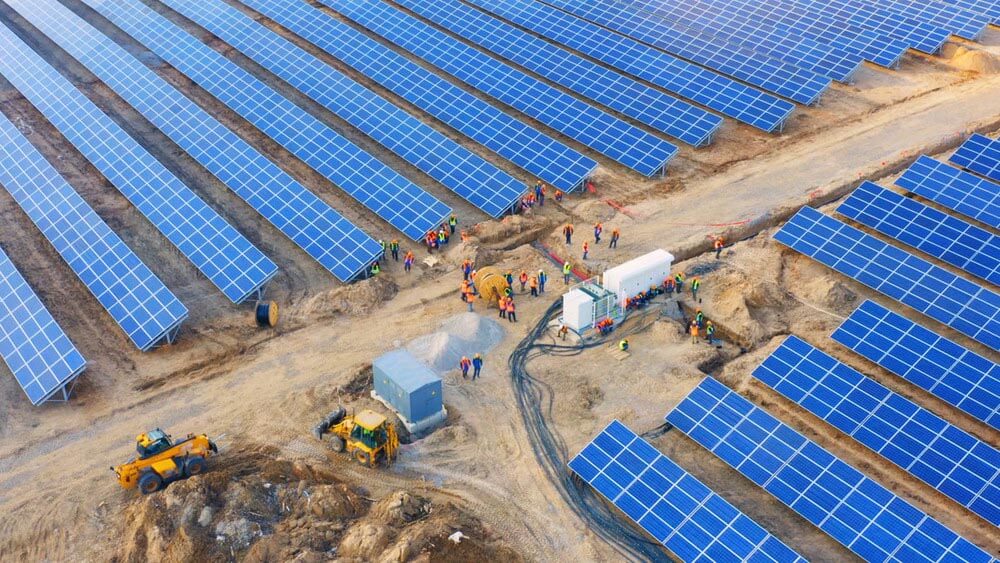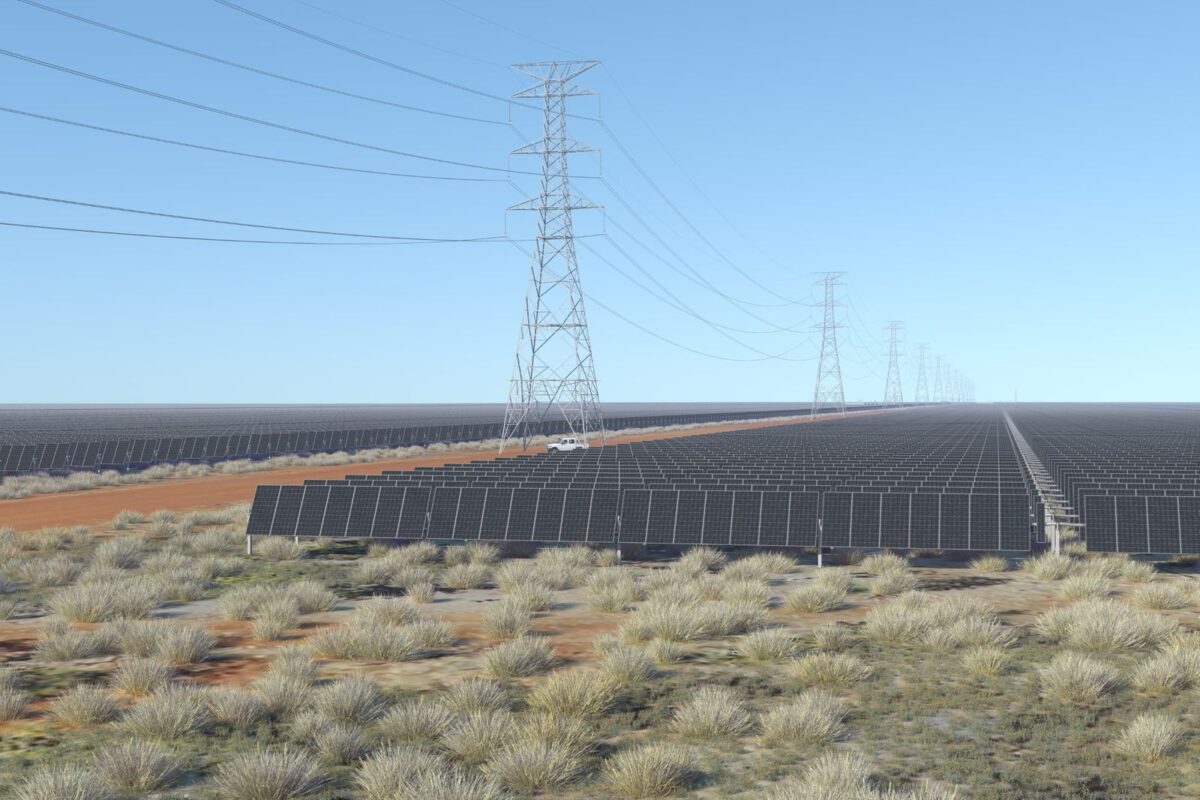BHP announced on Friday it has signed a power purchase agreement (PPA) with the Australian arm of Canadian energy major TransAlta Renewables which will allow it to build two solar farms and a battery energy storage system (BESS) to help power the mining giant’s Mt Keith and Leinster operations in Western Australia’s (WA) northern Goldfields region.
The $73 million Northern Goldfields Solar Project will comprise a 27.4 MW solar farm at Mt Keith and a 10.7 MW solar farm and 10.1 MW/5.4 MWh battery energy storage system (BESS) at Leinster which will displace power currently supplied by diesel and gas turbine generation.
TransAlta will build, own and operate the Northern Goldfields Solar Project which will be integrated into its 169 MW Southern Cross Energy North remote network, which currently comprises two simple-cycle power stations, each with one gas turbine.
Juwi Renewable Energy, the Brisbane-based subsidiary of German company juwi, has been awarded the engineering, procurement and construction agreement for the new hybrid solar + storage project.
BHP said the final notice to proceed is expected later this year with construction due to commence in early 2022. The solar farms and BESS are expected to come online in early 2023.
BHP Nickel West asset president Eddy Haegel said the project marks the first on-site solar farm and battery at any of the multinational’s global operations.
Haegel said the clean energy sources will cut emissions from electricity use at the refinery and help BHP meet its emissions reduction targets and to deliver lower carbon, sustainable nickel to its customers.
“The Northern Goldfields Solar Project will further improve our position as one of the lowest carbon nickel miners in the world,” he said.
“It will reduce emissions from electricity use at Mt Keith and Leinster by 12%, reduce fuel costs and improve the reliability of our electricity supply with the addition of the battery storage system.”
The project is expected to reduce BHP’s Scope 2 electricity greenhouse gas emissions from its Leinster and Mt Keith operations by 540,000 tonnes of CO2 over the first 10 years of operation.

Image: TransAlta
TransAlta president Todd Stack said the project is the company’s first solar and battery storage hybrid project and signalled an expansion of its renewable generation footprint into Australia.
“This project further strengthens our existing relationship with BHP as we continue to evaluate further renewable energy opportunities and high efficiency repowering options for our customers’ operations,” he said.
“Our ability to integrate renewable energy solutions, reliably and affordably, into remote and off-grid networks uniquely positions us to enable our customers to achieve their sustainability goals.”
The project is the first renewable energy project to be developed under the PPA TransAlta recently extended with BHP and will have a term of 16.3 years.
BHP has also signed a PPA with Risen Energy which will see the 100 MW Merredin Solar Farm in WA supply up to 50% of the miner’s electricity needs at its Nickel West Kwinana refinery over the coming 10 years.
Nickel West’s bundled PPA (which combines tradeable Large-scale Generation Certificates with purchase of power) commenced on February 1 and will displace around 364,000 tonnes of CO2 over the duration of the contract, which also has an option for extension beyond its scheduled 2031 end date.
The Northern Goldfields Solar Project announcement comes just one week after BHP signed a nickel supply agreement with United States-based electric vehicles manufacturer Tesla.
That agreement will see BHP supply Tesla with nickel from its Nickel West plant, with the key metal to be used by the carmaker to manufacture electric vehicle (EV) batteries.
This content is protected by copyright and may not be reused. If you want to cooperate with us and would like to reuse some of our content, please contact: editors@pv-magazine.com.









By submitting this form you agree to pv magazine using your data for the purposes of publishing your comment.
Your personal data will only be disclosed or otherwise transmitted to third parties for the purposes of spam filtering or if this is necessary for technical maintenance of the website. Any other transfer to third parties will not take place unless this is justified on the basis of applicable data protection regulations or if pv magazine is legally obliged to do so.
You may revoke this consent at any time with effect for the future, in which case your personal data will be deleted immediately. Otherwise, your data will be deleted if pv magazine has processed your request or the purpose of data storage is fulfilled.
Further information on data privacy can be found in our Data Protection Policy.